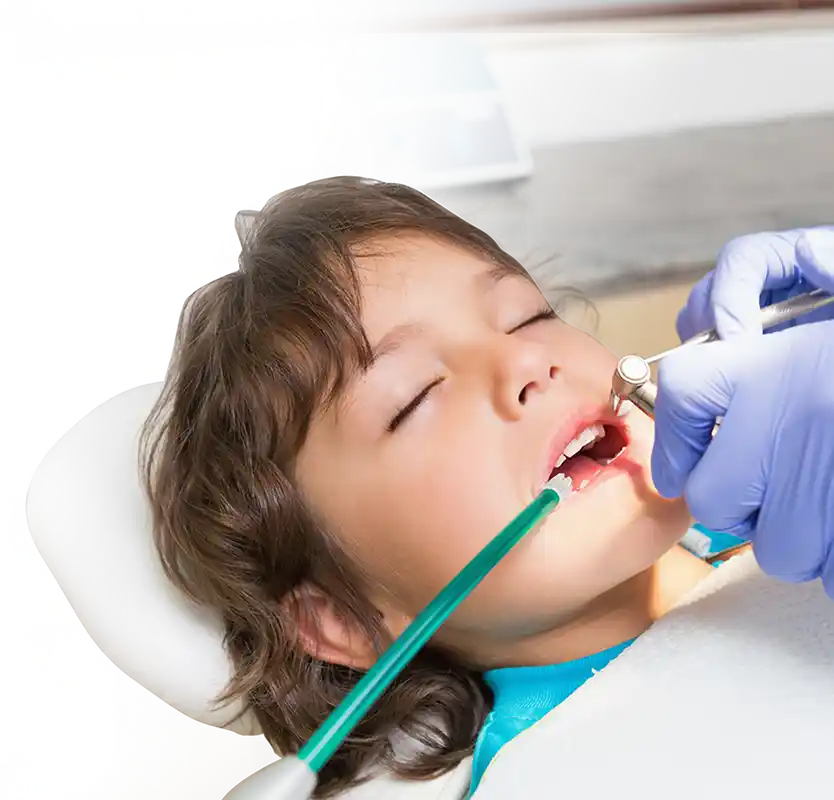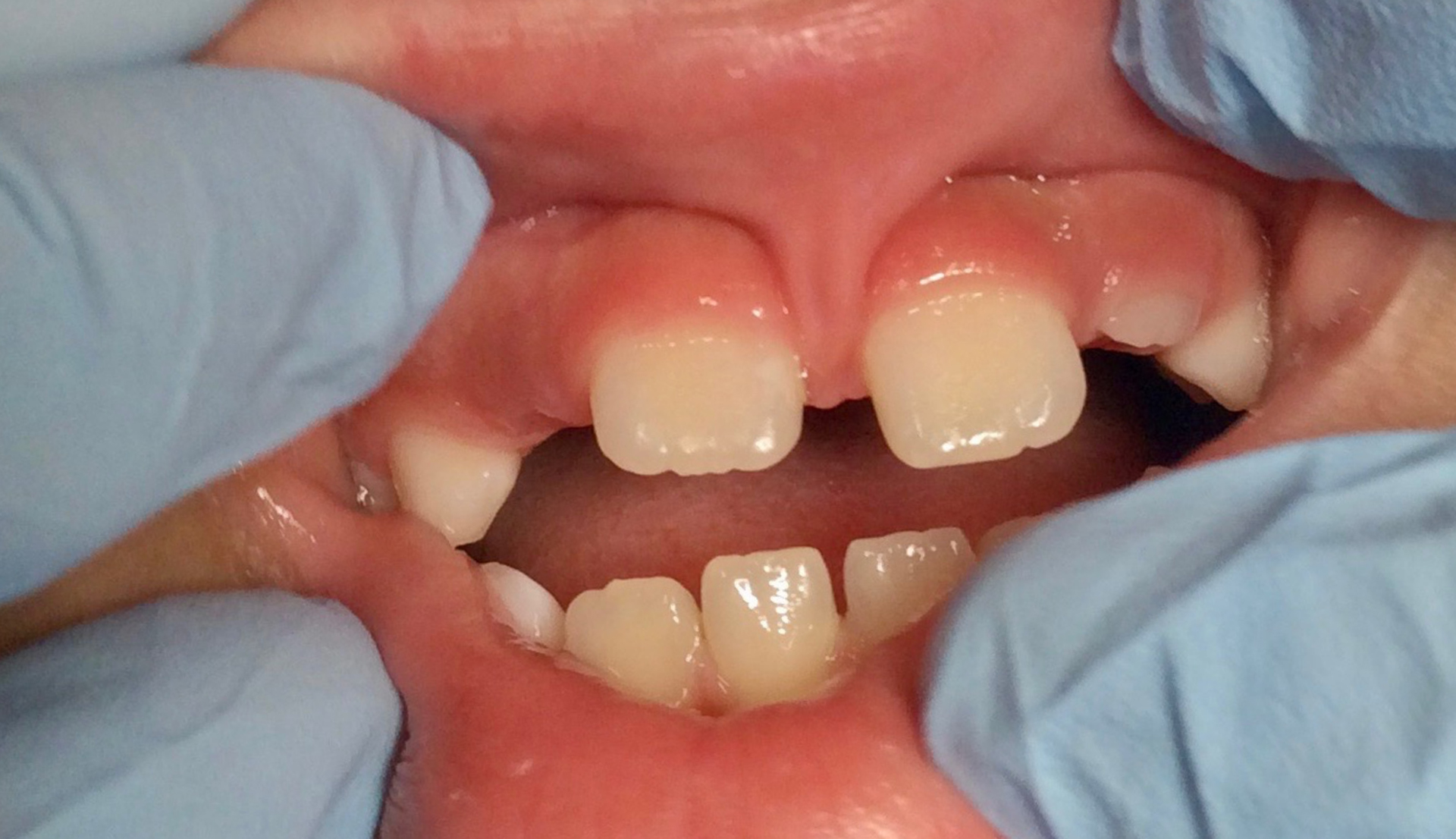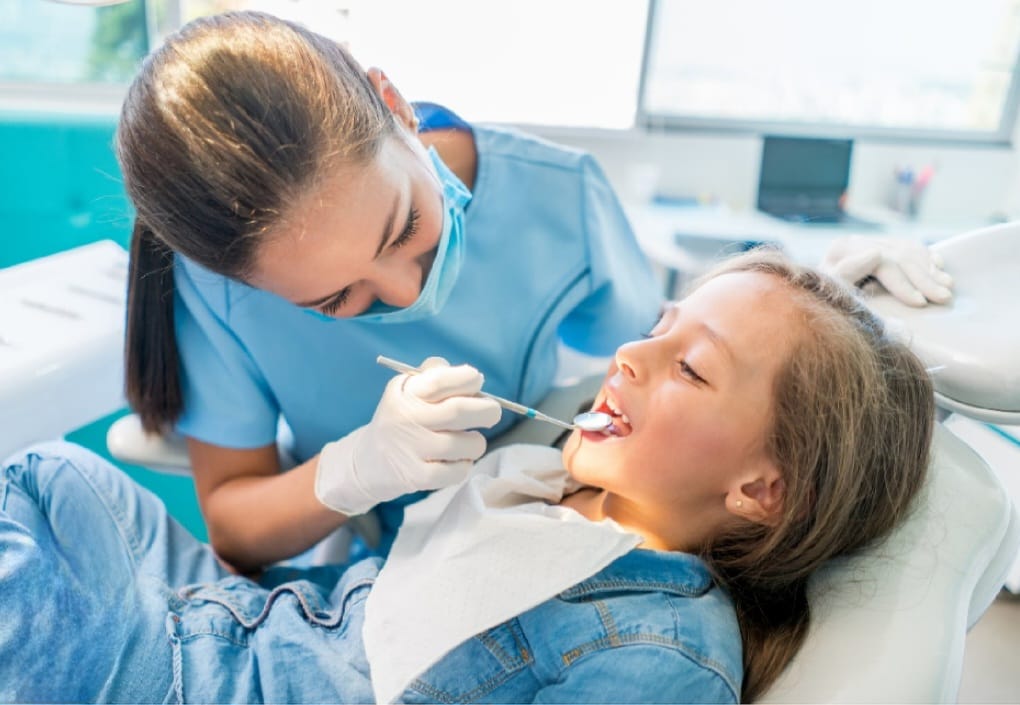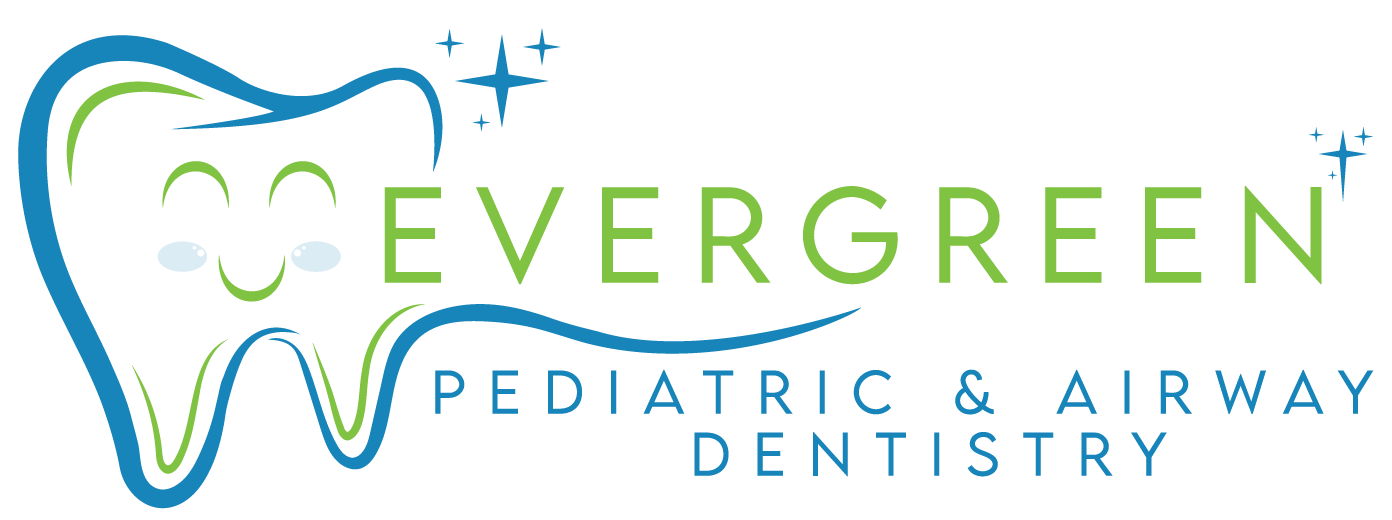Cavity Crushers: Preventive Dentistry Tips from Pediatric Dentists
Are you tired of constantly reminding your little ones to brush their teeth? Do you dread taking them to the pediatric dentist every six months? As a parent, ensuring your child’s oral health can be a daunting task. However, neglecting their dental needs can lead to serious consequences such as tooth decay, cavities, and even gum disease. No one wants their child to suffer from dental problems, which is why establishing a good oral hygiene routine early on is crucial.
Cavity is one of the main diseases in dentistry. It is caused by bacteria that produce acid which destroys the tooth enamel, leading to the formation of holes or cavities. These cavities can vary in size and severity depending on a person’s oral hygiene and diet. Cavities are not just painful, but they can also lead to more severe dental problems if left untreated. If a cavity is left untreated, it can progress to the inner layers of the tooth and eventually reach the nerves, causing intense pain. In some cases, cavities can even lead to infection or abscesses in the gums and jawbone.
In this section, we will discuss some tips on how to take care of your child’s teeth and keep them healthy. So, read on and discover how you can make dental care a fun and painless experience for your child.
Understanding Dental Hygiene
Dental hygiene is the practice of keeping your mouth, teeth, and gums clean and healthy. Good dental hygiene is crucial for maintaining overall health and preventing oral diseases such as cavities, gingivitis, and periodontitis. To ensure proper dental hygiene, it is recommended to brush your teeth twice a day for two minutes each time, floss daily, and visit your dentist for regular check-ups and cleanings.
Regular brushing and flossing can help prevent a wide range of dental problems. It is essential to choose the right type of toothbrush and toothpaste to ensure effective cleaning. Electric toothbrushes are also an excellent option as they help remove more plaque and provide a deeper clean. Flossing helps remove food particles and plaque that may be stuck between your teeth. It is also essential to use antibacterial mouthwash to kill germs and freshen your breath.
Visiting your dentist for regular check-ups and cleanings is crucial to maintaining good dental hygiene. The dentist can detect any potential dental problems early on and treat them before they worsen. They can also provide expert advice on proper dental care techniques and recommend specific products to help you maintain good oral health. Overall, following good dental hygiene practices can help prevent a range of dental problems and ensure a beautiful, healthy smile for a lifetime.

Children’s Preventive Dentistry
Why is Preventive Dentistry Important for Children?
Preventive dentistry is the practice of taking preventive measures to keep your child’s teeth healthy and prevent dental problems. It involves regular check-ups, cleanings, and other treatments that aim to stop dental issues before they occur or become more severe. Preventive dentistry is crucial for children as their dental health sets the foundation for their future oral health. Here’s why preventive dentistry is so important for children:
- Prevents Cavities: As mentioned earlier, cavities are a common oral health problem in children. Regular dental check-ups and cleanings can help prevent cavities by removing plaque and tartar build-up.
- Promotes Good Oral Hygiene Habits: Regular visits to the dentist can help instill good oral hygiene habits in children. They can learn the proper techniques for brushing, flossing, and using mouthwash.
- Addresses Dental Issues Early On: Preventive dentistry allows dentists to detect any potential dental problems early on and treat them before they worsen. This can save your child from experiencing pain, discomfort, and expensive treatments in the future.
- Saves Money: By preventing dental problems, you can save money on expensive treatments that may be needed if the issue progresses. Regular check-ups and cleanings are more cost-effective in the long run.
- Ensures Overall Health: Good oral health is linked to overall health. Maintaining good dental hygiene through preventive dentistry can help prevent other health issues such as heart disease and respiratory infections.
With these benefits in mind, it is clear that preventive dentistry plays a crucial role in maintaining your child’s oral health. By establishing good dental hygiene habits early on and staying consistent with regular check-ups and cleanings, you can ensure a healthy smile for your child.
Common Dental Problems in Children and How to Prevent Them
In addition to cavities, there are other common dental problems that children may experience. These include:
- Tooth Decay: This occurs when bacteria in the mouth produce acids that damage the tooth enamel. It can be prevented by limiting sugary and acidic foods and drinks, practicing good oral hygiene, and visiting the dentist regularly.
- Gum Disease: Gingivitis (mild gum disease) and periodontitis (severe gum disease) can be caused by plaque build-up on the teeth. Good oral hygiene practices and regular visits to the dentist can help prevent gum disease.
- Bruxism (Teeth Grinding): This is a common habit in children, especially at night. It can wear down tooth enamel and cause jaw pain. To prevent this, discourage your child from using pacifiers or thumb-sucking and address any underlying stress or anxiety.
- Malocclusion (Crooked Teeth): This is when the teeth are not aligned correctly. It can be caused by genetics, thumb-sucking, or prolonged bottle feeding. To prevent this, encourage your child to stop thumb-sucking and limit the use of bottles after the age of one.
- Cavity on Tooth Root: This occurs when the root of a tooth is exposed due to receding gums. It can be prevented by good oral hygiene and regular dental check-ups.
By understanding these common dental problems and taking preventive measures, you can ensure your child’s oral health and prevent future complications. As a parent, it is essential to educate yourself on proper dental care practices and be proactive in promoting good oral hygiene habits for your child.

Gum Disease in Children
Tips for Cavity Prevention in Children
Cavities, a common woe among children, can be kept at bay with a few proactive steps. Here’s a comprehensive guide to help your child maintain a healthy smile:
- Watch What They Eat: Limit sugary and acidic foods to protect those pearly whites. Encourage a balanced diet with minimal sugary and acidic treats. It’s also important to avoid sticky foods like candy and dried fruit, which can cling to teeth and increase the risk of cavities.
- Brush Twice a Day: Make sure your child brushes their teeth twice a day with fluoride toothpaste. Help them brush for two minutes each time, making sure they reach all surfaces of their teeth. As children may not have developed the dexterity to brush properly, it’s important for parents to supervise and assist with brushing.
- Floss Daily: Flossing removes plaque and food particles from between teeth, preventing bacteria buildup and cavities. Encourage your child to floss daily or help them do so until they can do it on their own.
- Visit the Dentist Regularly: Regular dental check-ups are crucial for maintaining good oral health. Parents should take their child to the dentist every six months for cleanings and exams. This not only helps prevent cavities, but also allows the dentist to catch any potential issues early on.
- Consider Dental Sealants: Dental sealants are thin coatings applied to the chewing surfaces of molars to protect them from decay. They can dramatically reduce the risk of cavities and are a safe and effective option for children.
- Limit Sippy Cup Use: Sippy cups can be convenient, but if used for prolonged periods or filled with sugary drinks, they can lead to tooth decay. Encourage your child to use a regular cup once they are able to, and limit sippy cup use to meal times only.
- Teach Good Oral Hygiene Habits: Start teaching your child good oral hygiene habits as early as possible. This includes not only brushing and flossing, but also avoiding harmful habits like thumb sucking and chewing on objects like pens or pencils.
- Regular Dental Visits: Schedule routine dental check-ups to catch issues early. Sealants and fluoride varnish can help prevent cavities if detected timely.
By following these steps, you can safeguard your child’s oral health and prevent cavities effectively. Lead by example and demonstrate good dental hygiene to set the right precedent for your child. Remember, starting early with preventive dental care is key to nurturing a lifetime of healthy smiles.
The Role of Pediatric Dentists in Preventive Dentistry
Pediatric dentists play a vital role in preventive dentistry for children. They are specialized in treating infants, children, and adolescents and are trained to handle their unique dental needs. Some specific roles that pediatric dentists play in preventive care include:
- Educating Parents: Pediatric dentists educate parents on proper dental hygiene practices for their child, including brushing and flossing techniques.
- Dental Exams: They perform comprehensive dental exams on children to detect any potential issues early on.
- Professional Cleanings: Pediatric dentists clean children’s teeth and remove plaque buildup that may lead to cavities or gum disease.
- Fluoride Treatments: They administer fluoride treatments, which can help prevent tooth decay by strengthening the enamel.
- Dental Sealants: Pediatric dentists also apply dental sealants to protect the chewing surfaces of molars from decay.
- Monitoring Growth and Development: They monitor the growth and development of a child’s teeth and jaw, which can help identify any issues that may impact their oral health.
- Addressing Behavioral Habits: Pediatric dentists are trained to address behavioral habits such as thumb-sucking and pacifier use, which can affect dental health.
- Providing Oral Health Education: They educate children on proper oral hygiene habits and explain the importance of preventive care to maintain good dental health.
With their specialized training and expertise in treating children, pediatric dentists are essential in promoting good oral health and preventing common dental problems. By working together with parents, they can ensure that children receive the best preventive dental care and maintain healthy smiles for life.

Kids Dental Examination
The Importance of Regular Dental Check-ups for Children
Regular dental check-ups are crucial for children to maintain good oral health and prevent future dental issues. Here’s why they are so important:
- Early Detection: Regular check-ups allow dentists to detect any potential issues early on, preventing them from becoming more serious problems.
- Preventive Care: Dental cleanings and fluoride treatments during routine visits can help prevent cavities and protect teeth from decay.
- Monitoring Growth and Development: Dentists monitor the growth and development of a child’s teeth and jaw, which can help identify any issues that may need to be addressed.
- Education: Dental check-ups also serve as an opportunity for dentists to educate children on proper oral hygiene habits and promote good dental health practices.
- Establishing a Positive Relationship: By visiting the dentist regularly, children can establish a positive relationship with their dental care provider, leading to less fear and anxiety associated with dental visits.
- Early Intervention: Regular check-ups allow dentists to identify any issues that may require early intervention, such as speech problems or bite misalignment.
Overall, regular dental check-ups are crucial for children to maintain good oral health and prevent dental problems. By making them a priority, parents can ensure that their child’s teeth stay healthy and their smile stays bright. So, make sure to schedule those routine check-ups every six months to give your child the best chance at a lifetime of good oral health.
Tips for Implementing Preventive Dentistry at Home
Apart from regular visits to the dentist, there are also steps that parents can take at home to promote good oral health for their child. Here are some tips for implementing pediatric dentistry at home:
- Start Early: Good oral hygiene habits should be established as early as possible, even before your child’s first tooth appears. Wipe your baby’s gums with a clean, damp cloth after feedings to remove bacteria.
- Brush and Floss: As soon as your child’s first tooth appears, start brushing their teeth with a soft-bristled brush and water. Once they are able to spit, introduce fluoride toothpaste in pea-sized amounts. Encourage them to floss daily once their teeth start touching.
- Monitor Diet: Limit sugary and acidic foods and drinks that can damage tooth enamel and cause cavities. Encourage your child to drink water instead of juice or soda and offer healthy snacks like fruits and vegetables.
- Avoid Harmful Habits: Discourage thumb sucking, pacifier use, and other oral habits that can affect dental health. Offer praise and rewards when your child avoids these behaviors.
- Lead by Example: Children often imitate their parents’ behavior, so make sure to demonstrate good oral hygiene habits yourself. Brush and floss with your child and make dental care a fun and positive experience.
Implementing these tips at home can help prevent common dental problems and establish good oral hygiene habits for your child from an early age.
Preventive dentistry plays a crucial role in maintaining good oral health for children. By working together with pediatric dentists and implementing good habits at home, parents can ensure that their child’s teeth stay healthy and strong for life. Remember to schedule those regular check-ups every six months and make dental care a positive experience for your child by setting a good example. With the right preventive care, children can have a lifetime of healthy smiles. So, let’s make oral health a priority for our little ones and give them the best chance at a bright and happy smile! Remember, it’s never too early to start practicing good oral hygiene habits. Start implementing these tips today for a healthier tomorrow.
So don’t wait any longer, make your child’s dental health a priority and schedule their next check-up today! Your child’s smile will thank you. And always remember, preventive care is key to maintaining good oral health for children. Let’s work together to keep those smiles happy and healthy for years to come. Here’s to a lifetime of strong, cavity-free teeth!
Evergreen Pediatric Dentistry
https://www.google.com/maps?cid=14720788683151219551
12910 Totem Lake Blvd NE #103, Kirkland, WA 98034, United States
(425) 814-3196
https://evergreenkidsdentist.com/


